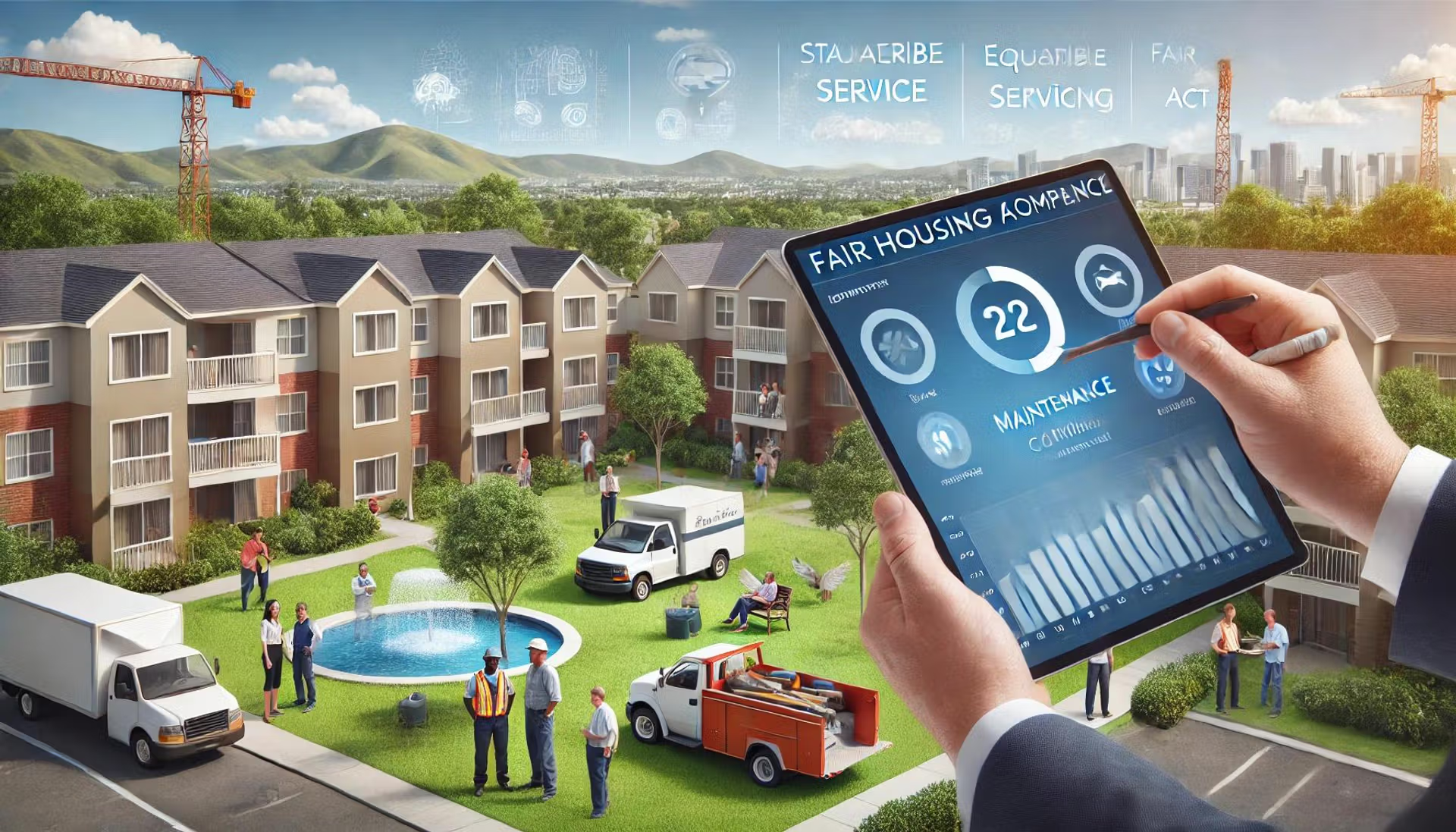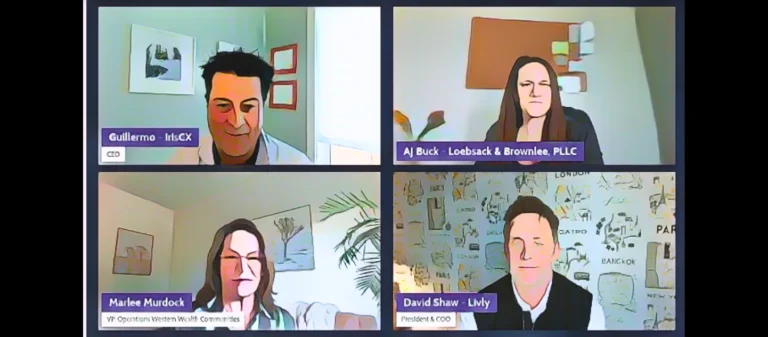The Fair Housing Act (FHA) ensures equitable housing practices by prohibiting discrimination in leasing and maintenance services. While many property managers understand its role in leasing, its impact on maintenance operations is often overlooked.
The Legal Risks of Noncompliance
Noncompliance carries significant legal and financial penalties. Under 42 U.S.C. § 3604(b), discrimination in maintenance services based on protected characteristics such as race, color, religion, sex, familial status, national origin, or disability is prohibited.
HUD regulations further clarify this under 24 C.F.R. § 100.65(b)(2), emphasizing the obligation to provide maintenance services fairly and equitably.
Challenges in Maintenance Delivery
Onsite (Decentralized) Maintenance: Risks & Challenges
- Lack of Standardization: Without formalized processes, requests may be prioritized subjectively, leading to unintentional biases.
- Minimal Data Tracking: Informal or manual logging makes it difficult to monitor response times and detect disparities.
- Audit Risk: Decentralized teams often struggle to provide documented proof of equitable service delivery.
Centralized Maintenance: Compliance & Data-Driven Protections
- Automated Equity: Requests are prioritized objectively, eliminating human bias.
- Data Transparency: All service requests are logged and tracked, creating an audit trail.
- Process Consistency: Standardized workflows ensure uniform service quality across properties.
Why Centralization Reduces FHA Compliance Risks
- Accountability Through Data: Centralized systems track response times and completion rates to ensure fair service.
- Bias-Free Decision-Making: Requests are prioritized based on urgency rather than subjective preferences.
- Enhanced Oversight: Supervisors can monitor trends and resolve disparities proactively.
- Audit-Ready Documentation: Detailed records demonstrate compliance in case of an inquiry.
Best Practices for Both Models
For Onsite (Decentralized) Maintenance:
- Implement software to track service requests systematically.
- Standardize procedures to ensure equitable service.
- Regularly train staff on Fair Housing regulations.
- Conduct audits to detect disparities in service delivery.
For Centralized Maintenance:
- Use analytics to monitor and improve service consistency.
- Automate request prioritization to eliminate human bias.
- Communicate processes clearly to build resident trust.
- Train teams on Fair Housing compliance and service standards.
Building a Fair Housing-Compliant Maintenance Strategy
Ensuring compliance with the FHA isn’t just about avoiding penalties—it’s about fostering trust and equity among residents. By leveraging technology, standardizing procedures, and prioritizing training, property managers can create a transparent and legally sound maintenance operation.
Start the Conversation
What’s your approach to maintenance delivery? Are you leveraging centralization or enhancing your onsite teams with data-driven tools? Let’s discuss ways to improve together.




